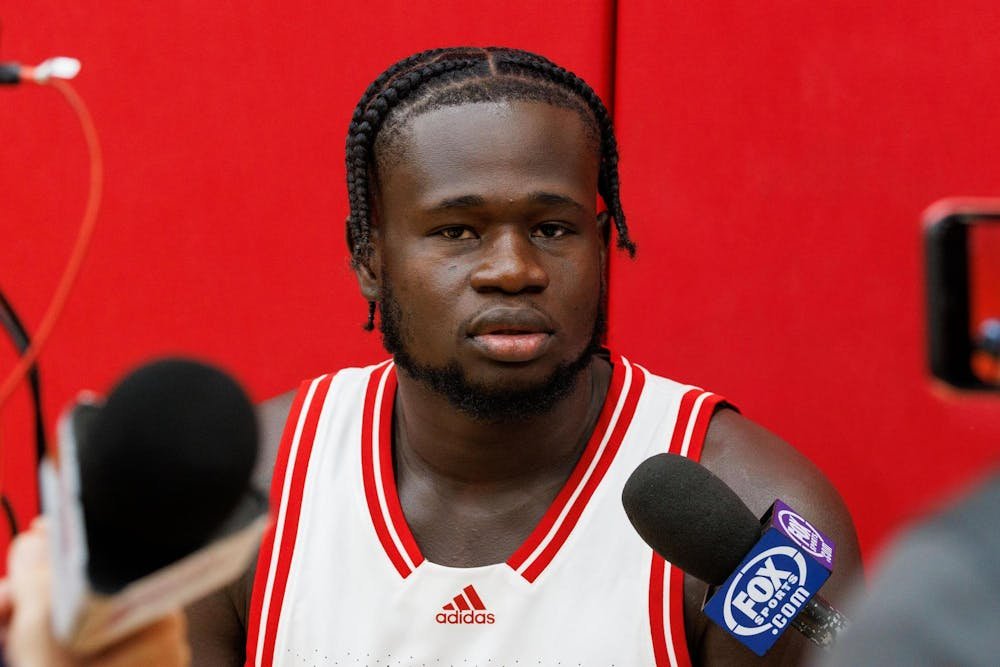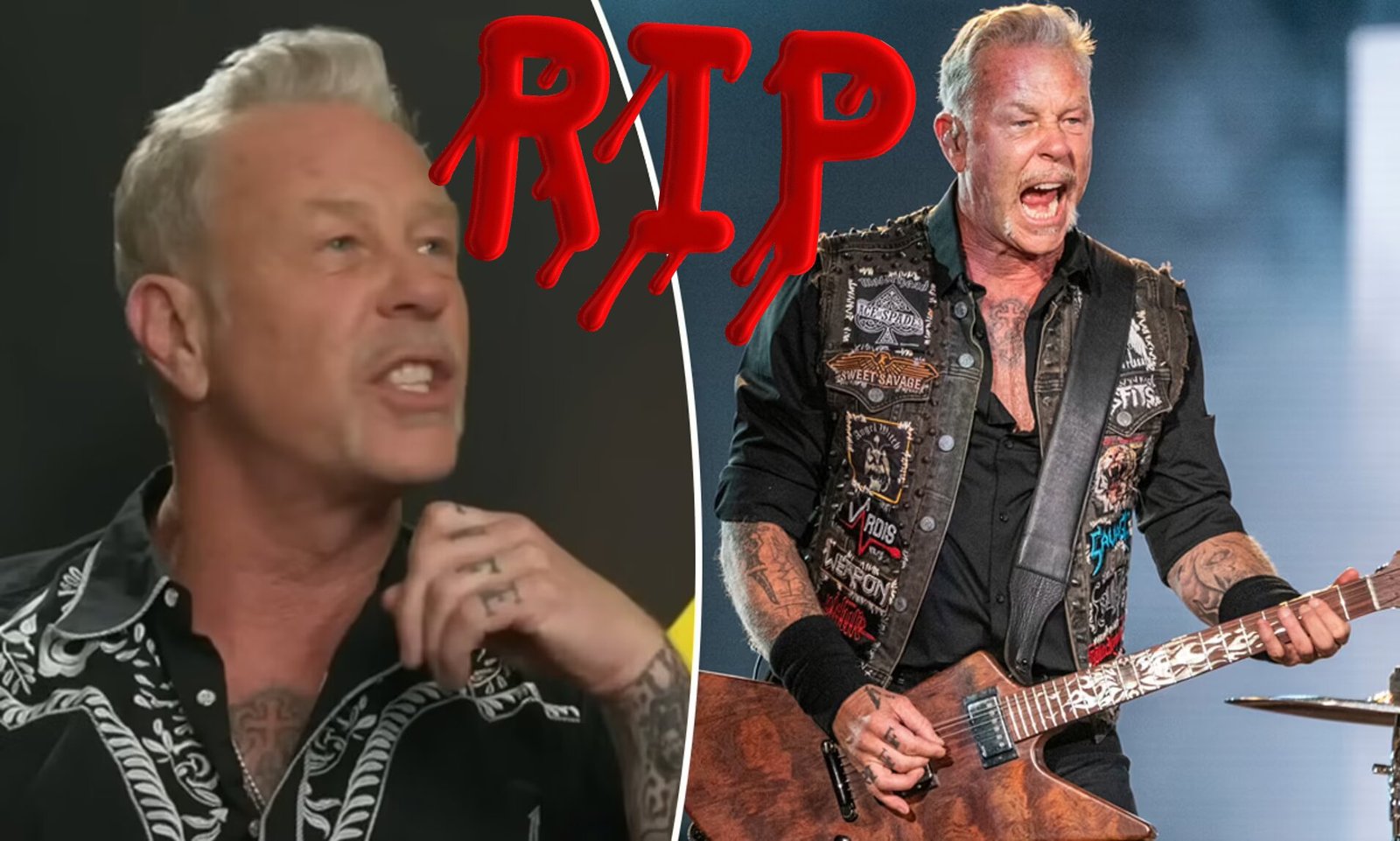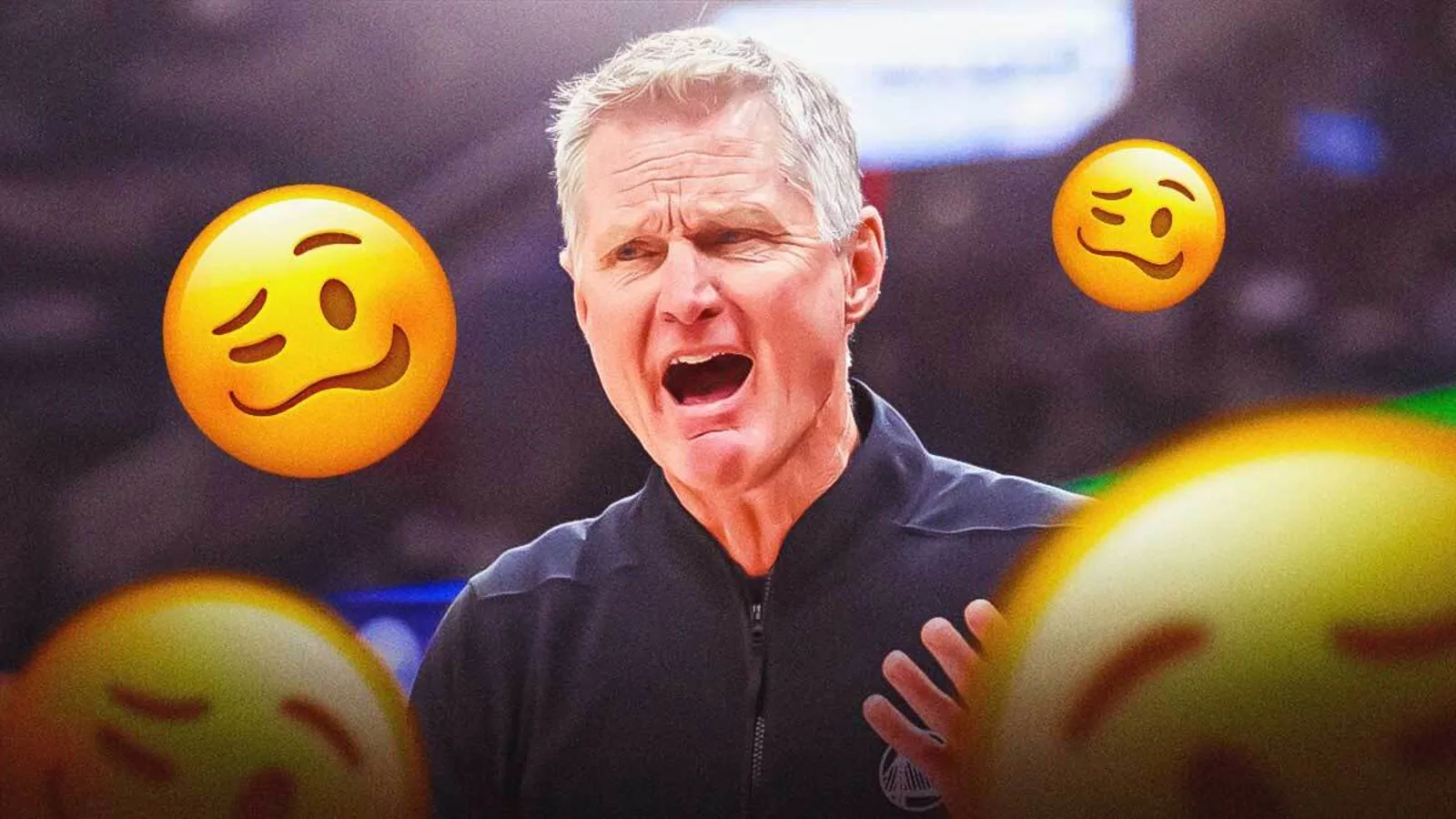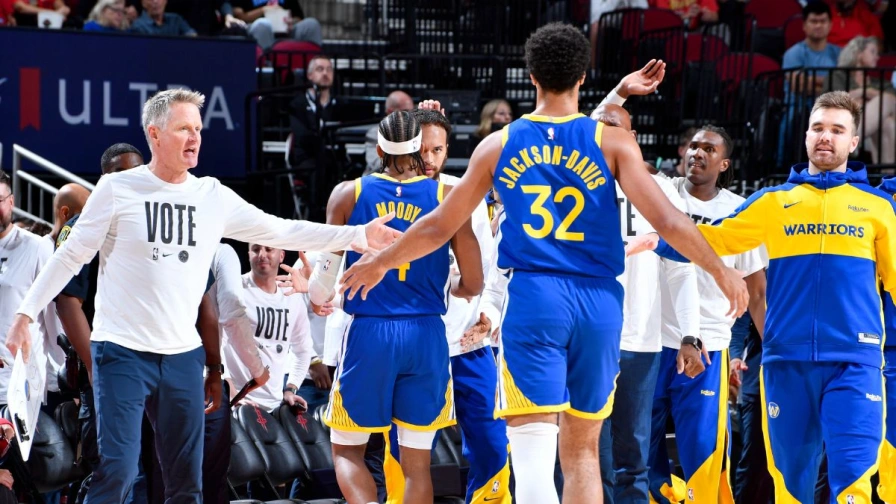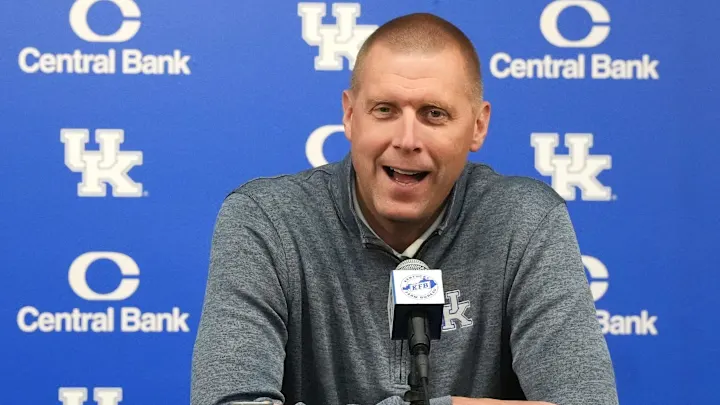Indiana’s basketball team is facing an unsettling dilemma as star player Oumar Ballo grapples with a potential career-ending issue that could alter the course of the season. Ballo, one of the Hoosiers’ key talents, has been sidelined with a medical condition that threatens not only his playing career but his future in the sport. The situation has prompted widespread concern, as the NCAA’s current policies may not be sufficient to address the gravity of such circumstances.
Ballo’s condition, which involves complications related to his health, has raised questions about the NCAA’s handling of player welfare, especially in cases where athletes face life-altering decisions that go beyond the physical demands of the game. Despite undergoing extensive medical evaluations, Ballo’s situation remains uncertain, and his participation in upcoming games is in jeopardy.
The NCAA’s policies, often criticized for their lack of flexibility and player-centric solutions, may need to evolve to ensure that student-athletes are fully supported in such critical moments. The governing body has been under scrutiny for not providing enough safeguards for players facing medical challenges, with many arguing that the current system does not sufficiently address the long-term well-being of athletes once their collegiate careers are over.
For Ballo, this situation is not just about his immediate future on the court but about his overall health and ability to live a normal life post-basketball. His case has sparked a wider conversation about the NCAA’s responsibility to its athletes and the need for more comprehensive medical support and protections.
As Ballo and the Hoosiers await updates on his condition, the NCAA must consider implementing better policies that prioritize the health and careers of athletes like him, ensuring that no player’s future is compromised due to lack of support.
